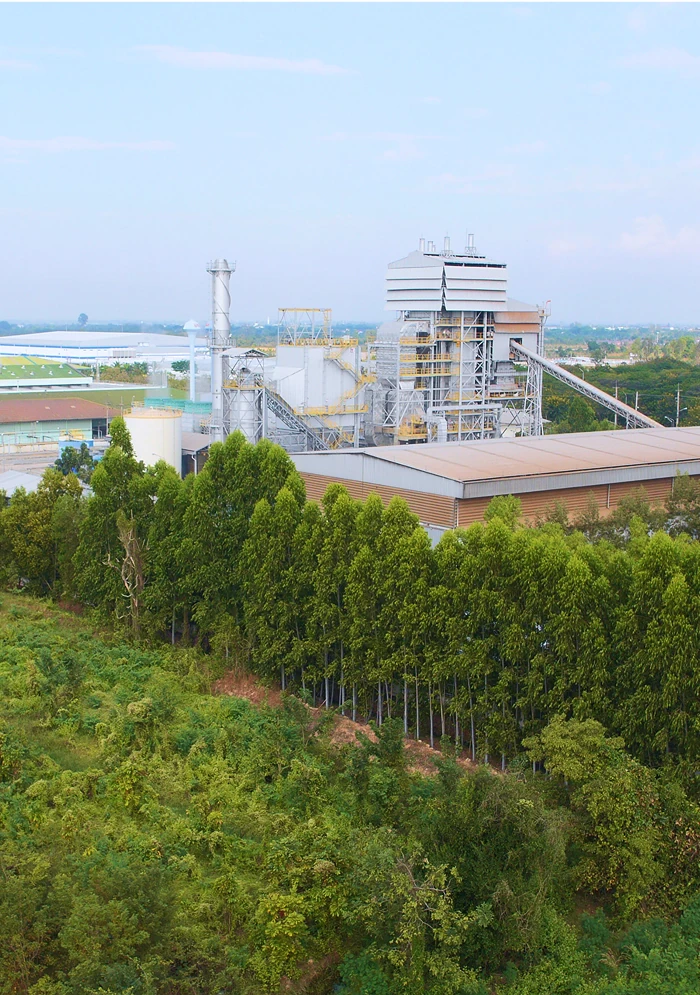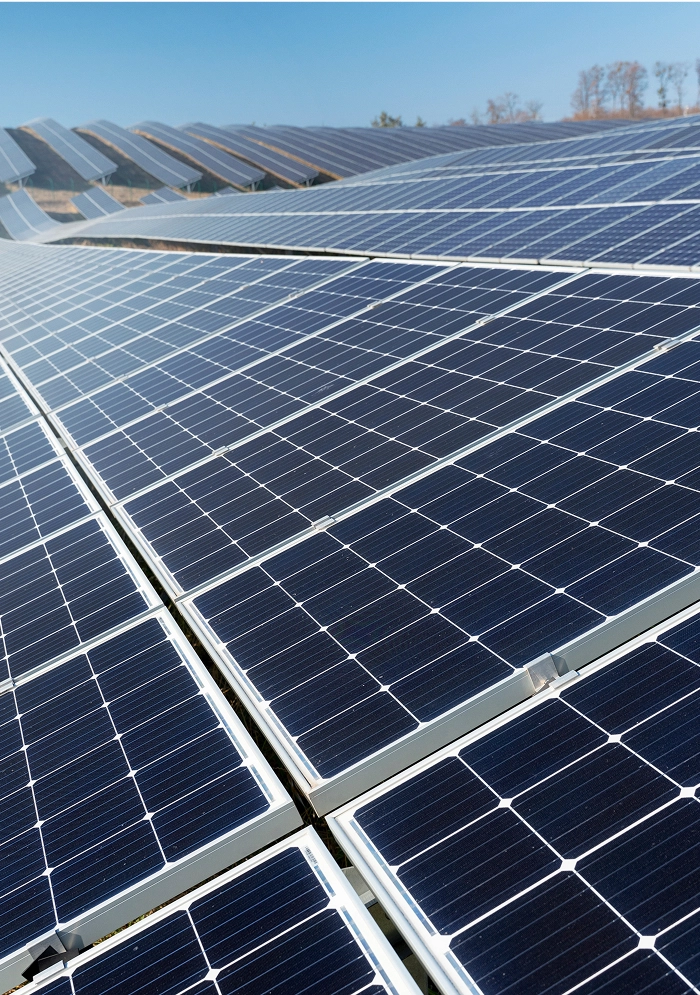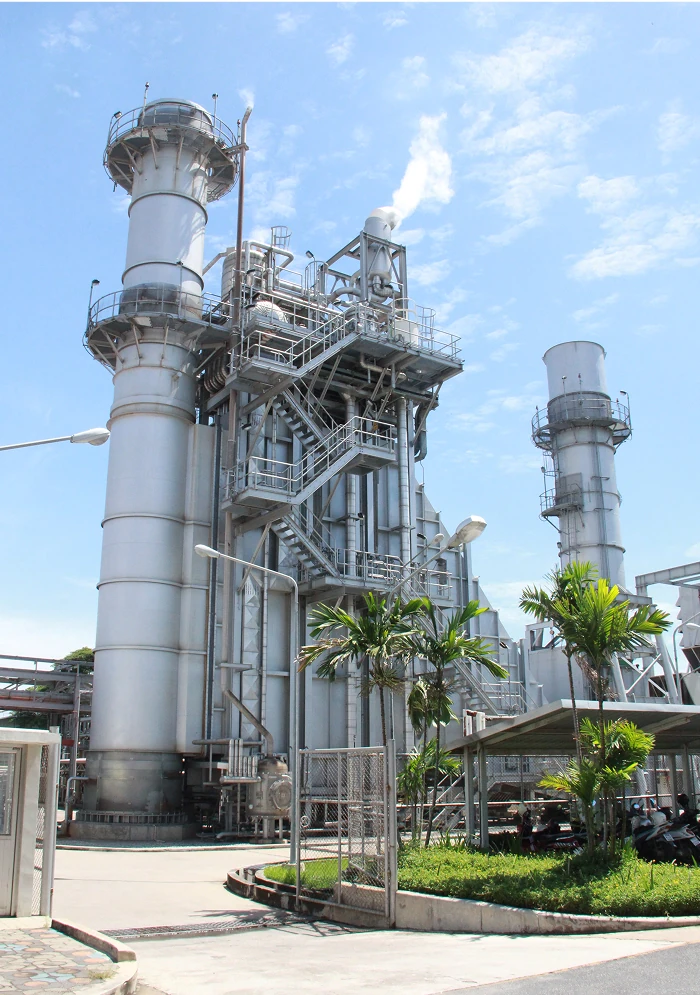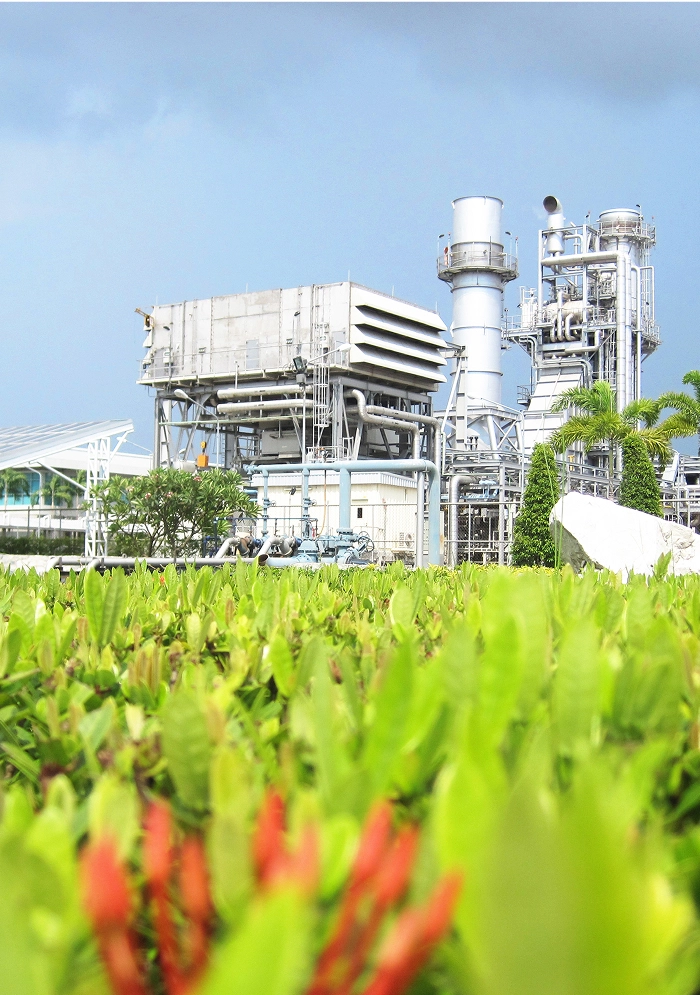Our Projects
"Planting Bamboo, Restoring Forests, Creating Livelihoods" Project and Biodiversity

The company has emphasized social and environmental responsibility by integrating operations with the government's "Pracharath" (Civil State) strategy for forest restoration and conservation through the "Planting Bamboo, Restoring Forests, Creating Livelihoods" project. This is a collaboration between the company, the Forest Resource Management Office 3 (Lampang), agencies under the Royal Forest Department, Ministry of Natural Resources and Environment, and local residents in Thung Phueng Subdistrict, Chae Hom District, Lampang Province. The project focuses on restoring watershed forests while sustainably promoting occupations for communities.
The "Planting Bamboo, Restoring Forests, Creating Livelihoods" project is a pilot project covering over 1,000 rai (approximately 160 hectares) under the policy of "Restoring Forests for Sustainable Development." The government has allocated areas in reforestation plots for people to make a living, while the company provides budget support for procuring bamboo seedlings for community planting, as well as training on bamboo planting, maintenance, and propagation to ensure efficient use of natural resources.
Project Results
- 2018: Donated bamboo seedlings, provided training, and implemented bamboo planting in 400 rai (64 hectares) of degraded forest land, valued at 1,026,667 baht to serve as a model for forest restoration using bamboo.
- 2019-2020: Distributed over 40,000 bamboo seedlings valued at over 1,000,000 baht under the project "Returning Bamboo to Forests for Occupational Development and Watershed Restoration", focusing on distributing bamboo species to various areas and creating community participation in forest care.
- 2021-2023: With over 300 households participating in the project, and continued bamboo propagation and additional planting in Chae Hom and Wang Nuea Districts, which are areas requiring ecosystem restoration for greater abundance.
- 2024: The company continuously monitors the growth of bamboo planted in the area, including analysis of increased ecosystem fertility. The first batch of planted bamboo, now 6 years old, can be harvested for products such as bamboo shoots and bamboo timber for household use, including generating income for households and further developing the community-level economy
Benefits
- Increased green areas, restoring over 400 rai (64 hectares) of degraded forest
- Reduced unemployment, creating jobs for over 100 households
- Created food sources from bamboo shoots and bamboo products
- Promoted local industries such as furniture production, chopsticks, wickerwork, and bamboo product processing
Future Goals and Approaches
- Expand bamboo planting areas in degraded forest zones for greater coverage, while developing bamboo species suitable for local environmental conditions.
- Develop community networks capable of managing bamboo resources efficiently and sustainably.
- Create added value for bamboo products such as processed bamboo timber, processed bamboo shoots, and other industries to generate stable income for communities.
- Monitor and evaluate ecosystems continuously to ensure that bamboo planting helps restore forests and positively affects biodiversity.
Connection to Biodiversity
- Ecosystem Restoration: Bamboo planting helps prevent soil erosion, maintains moisture, and creates habitats for wildlife.
- Increasing Green Areas: Reduces the impact of deforestation and helps increase the rate of carbon dioxide absorption.
- Promoting Sustainable Resource Use: Bamboo is an economic crop that can be used for various purposes without impacting the environment.
Supporting Sustainable Development Goals (SDGs)
This project helps achieve several United Nations Sustainable Development Goals, including:
- Goal 1: End poverty through sustainable job creation
- Goal 2: Food security, by promoting food crop cultivation
- Goal 6: Sustainable water management, by helping preserve watershed sources
- Goal 15: Restoration of terrestrial ecosystems and increased biodiversity
The "Planting Bamboo, Restoring Forests, Creating Livelihoods" project not only helps restore degraded forest areas and increase biodiversity but also promotes sustainable community economies, helping people secure stable occupations and income while developing society and the environment in balanced growth.






